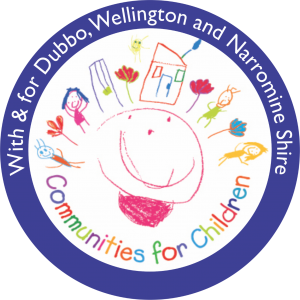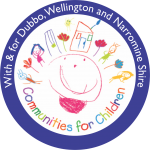Communities for Children
Helping vulnerable and disadvantaged families with children from birth to age 12.
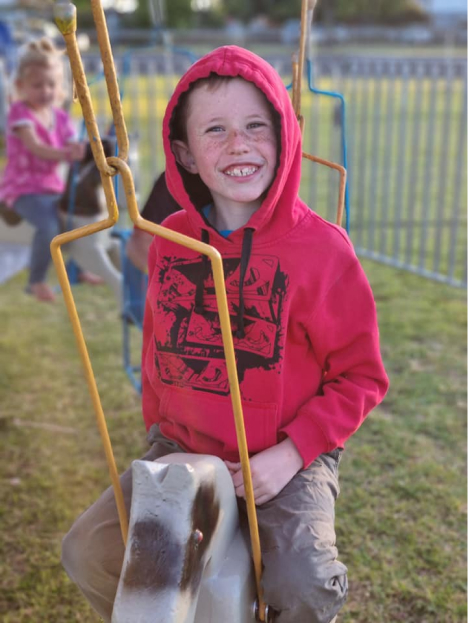
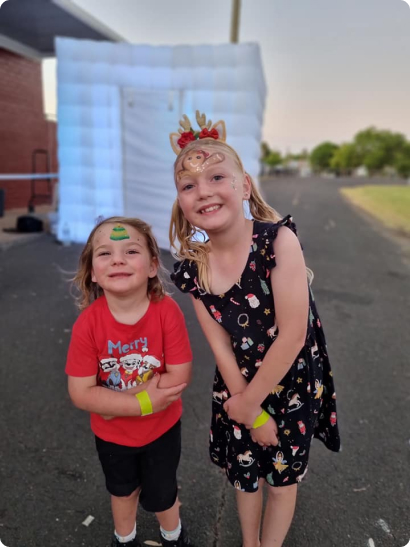
The Communities for Children is made up of our three Children’s Community sites, located in Dubbo, Narromine, and Wellington. The network is made up of key people and services in children’s lives (like schools, housing groups and child health and housing associations), who work together on co-ordinated plans to significantly improve outcomes for children growing up in poverty.
What are children’s communities ?
It is important for children to feel a sense of belonging and connection to their community. By participating in community activities and events, children can develop a sense of pride and ownership in their community.

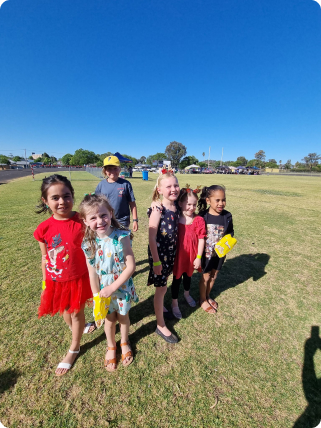
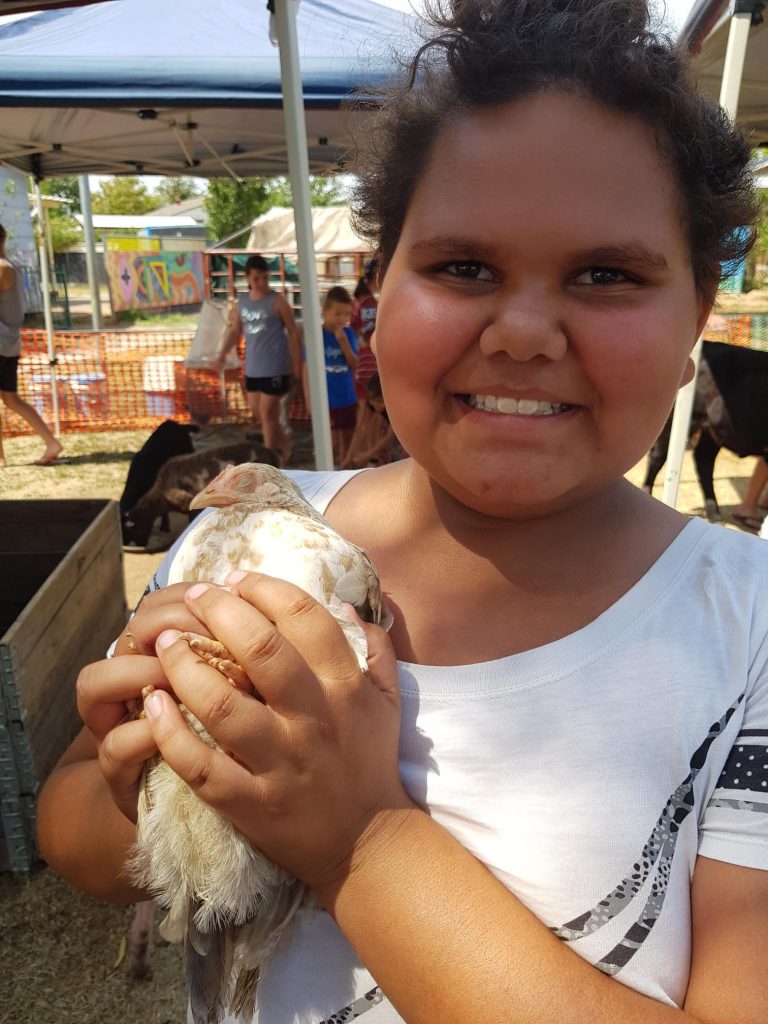
Our Program
The program focuses on parent education, activities and opportunities for children, coordination and collaboration. The overall outcome is to help children grow up having positive experiences in their community by engaging in meaningful and accessible activities.
CatholicCare Wilcannia-Forbes is the facilitating partner for Communities for Children so we partner with organizations to develop programs to strengthen and enhance parenting abilities and engage social networks enabling stronger communities. These programs include parenting education, school holidays and after school activities, disability focused education and community events.
It is important for children to feel a sense of belonging and connection to their community. By participating in community activities and events, children can develop a sense of pride and ownership in their community.
Strategic Plan
Community consultations were conducted within the Dubbo Site in 2022. These shaped the Communities for Children Community Strategic Plan (CSP) which will guide activities from 2022 to 2026.
Based on the Community Strategic Plan 2022/26 the Communities for Children priority areas are:
Priority Area 1: Soft Entry Points and Leveraging Relationships for Outcomes for Children and Parents/Carers.
This priority lays the foundation for all other priority areas as it creates the pathways into other Communities for Children activities and existing services, supports, and opportunities.
Priority Area 2: Parent/Carer Parenting and Relationship Skills.
Giving parents/carers the opportunity to grow their awareness and understanding to see things differently and learn new skills. To promote a nurturing environment; develop secure attachments; develop positive behavioural parenting strategies; enhance children’s cognitive, socio-emotional, physical, communicative and adaptive outcome and readiness for school; foster children’s sense of independence, interdependence, agency, their capacity for emotional self-regulation and thus resilience; and to support a child with special needs including physical, mental, emotional and behavioural.
Priority Area 3: Children’s Life, Development and Skills
Building warm, safe and respectful relationships with children aged 6-12 years and their families; providing opportunities for children to have a secure attachment with an adult and build self-awareness and emotional regulation of self and self with others; creating opportunities for children to participate, co-own and co-design skill enhancing and relationship building activities through after-school and school holiday activities; providing a variety of age-appropriate activities where children can choose what interests them; providing activities that children can explore, dip into, return to, and become proficient at.
Priority Area 4: Developing Cohesive Communities
For children and young people to thrive, family relationships to flourish, adults to be empowered and for communities to be a safe and inclusive place where people participate, are actively involved and who give back to others. This priority area is about inclusion, sense of belonging and ownership.
Our Vision
All children have the inherent right to good health, high quality education, and growing and developing in a safe and nurturing home and community environment.
All children and their families will be included, valued and respected in their communities. This inclusion will not be encumbered by judgement or attitudinal barriers.
Children and their families will have access to appropriate and targeted services and agencies that meet their needs sensitively, flexibly and holistically.
Our People

CatholicCare Wilcannia-Forbes
Project Manager: Kimeaka Bermingham
P: 02 6863 5426
E: kbermingham@ccwf.org.au
CatholicCare Wilcannia-Forbes supports parents and children, we offer financial counselling and capability, we support families affected by domestic violence, there is targeted help for men and family relationships, accommodation and housing support, Indigenous community programs and services for youth.
CatholicCare Wilcannia-Forbes is the official social service of the Catholic Church in the Diocese of Wilcannia-Forbes. The diocese covers more than 52% of NSW and 414,398 square kilometres. It ranges from beyond Bourke and Brewarrina, to Broken Hill, south to Balranald and east to Forbes and Parkes.
CatholicCare Wilcannia-Forbes has a strong reputation as a leader and innovator in the provision of support and social services. We are experienced and skilled in identifying community needs and share our vision for wellbeing, support and respect.
Our team is passionate about making a real difference in people’s lives and works to empower individuals, families and communities. People are the heart of our organisation – both our clients and our team.
All our services are offered to the whole community, regardless of religious belief or background.

Leader Life
Johanna Leader Apollo House Collins Avenue DUBBO P: 02 6881 8756 E: admin@leaderlife.org.au
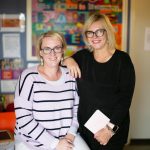
LeaderLife aims to grow the community by helping kids who are doing it tough, to live their best lives. LeaderLife’s programs support children aged between 5 and 12 years old (Skillbuilders), young people aged between 13 and 18 years of age (CATALYST), young males aged between 15 and 25 years of age who are having a tough time getting a job (Soil2Soul), and adults who drop into Apollo House seeking tailored life navigation support (Resilience).
LeaderLife’s programs work respectfully with the community, providing a platform of empowerment while delivering effective early intervention and prevention strategies through successful, innovative and evidence based diversionary and therapeutic programs. LeaderLife gently create opportunities for behaviour change that help transform lives within Dubbo.
LeaderLife’s programs are 100% voluntary, and although they do not run any Indigenous specific programs, over 90% of those accessing our supports are Indigenous.
It takes a really strong community approach to help young people break out of disadvantage, especially Indigenous kids. LeaderLife work ever so closely with many different levels of government, philanthropists, organisations, Indigenous Elders, community groups and most importantly families; to help kids break out of destructive life patterns like suicide, drugs and crime. LeaderLife do this ultimately, so they have the opportunity to lead a life that is meaningful, positive, happy and thriving.
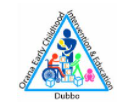
Orana Early Childhood Intervention
Merryn Anderson 74 Baird Drive, Dubbo P: 6882 0599 E: merryn.anderson@oeci.org.au
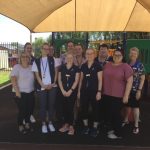
Orana Early Childhood Intervention (OECI) is a community based not-for-profit organisation and a registered NDIS provider that supports babies and young children aged 0-12 with additional needs to improve their ability to participate in all environments. OECI has been delivering services for over 35 years to children and families in Dubbo and surrounding areas. OECI offers family centred practice, recognising that families are the experts in knowing and working with their child. Educators, Physiotherapist, Occupational Therapists, Family Support Worker, and Speech Pathologists work together within a trans-disciplinary team approach to provide integrated and co-ordinated service delivery. Orana Early Childhood Intervention offers a diverse range of service delivery to meet the individual needs of children and families. Service delivery can include individual and small group sessions & can take place within the child’s natural environment i.e. Community setting, School or Home.

Uniting
Darren Toomey 80 Gipps Street, Dubbo P: 6885 2353 E: dtoomey@uniting.org
Uniting Communities for Children provides parent support through parent education programs and a variety of group activities. We work with families with children 0 – 12 years and can assist with:
- Childs development
- Routine and structure
- Childrens behaviour/ discipline
- Budgeting
- Cooking and nutrition
- Relationship concerns
- Building social capacity and connections
- Time management
- Healthier lifestyles
- Playgroups
- Dad’s Groups
- Mum’s Groups

Narromine Community Skills Project Inc
Sharon Milnes Ph: 02 6889 1422 M: 0428 894 180 E: sharonm@narrominecommunityskills.com.au Narromine Skillbuilders Narromine Community Skills Ann Louise Stonestreet Ph: 02 6889 1422 M: 0406 643 541 als@narrominecommunityskills.com.au
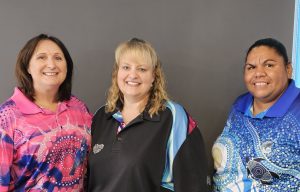
Narromine Community Skills Project has been the local welfare agency in Narromine and Trangie for over 40 years, so our long standing team are friendly and familiar faces within the community. Our passion is to provide services for all and to be inclusive in all we do, while making people feel safe and nurtured when dealing with the tough, stressful issues that they face in life. Some of which includes parenting and growing up.
We have been part of the Communities for Children team since 2010 providing family friendly services throughout the entire CfC site of Narromine, Trangie, Dubbo and Wellington. In recent years we have concentrated on our local communities of Narromine and Trangie with which we live and love. This has allowed us to give 100% to these communities with parenting programs, after school children’s activities, holiday activities, playgroups, delivery of a wide range of evidence based programs for parents and children so that they can build skills for life around parent/child attachment, behaviour management, emotional regulation and social skills. We love to bring the community joy and have been to driving force behind many exciting community events including NAIDOC, Youth Week – Ignite Your Life, Narromine Community Christmas Party & Venetian Carnival, Trangie Family Fun Day, ABC Day and more. These have been achieved through the many great partnerships and collaborations with other services that we have been able to build over the years, these help to make events amazing for all.
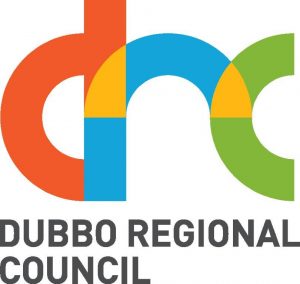
Dubbo Regional Council
Maree Jones Dubbo Regional Council P: 02 6840 1734 M: 0427 636 023 E: maree.jones@dubbo.nsw.gov.au
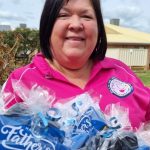
Dubbo Regional Council identifies & prioritises key local community needs & aspirations & develops strategies & activities to achieve them with the resources available.
Communities for Children is a part of the liveability department of Council where the health & safety of the community is improved with the key points being:
- Our First Nations Communities & Cultures are celebrated & enhanced
- The lifestyle & Social needs of the community are supported
- Our Community has access to a full range of educational opportunities
- Our Community has access to a diverse range of recreational opportunities
- The diversity of our Heritage, cultural services & facilities are maintained & promoted.
